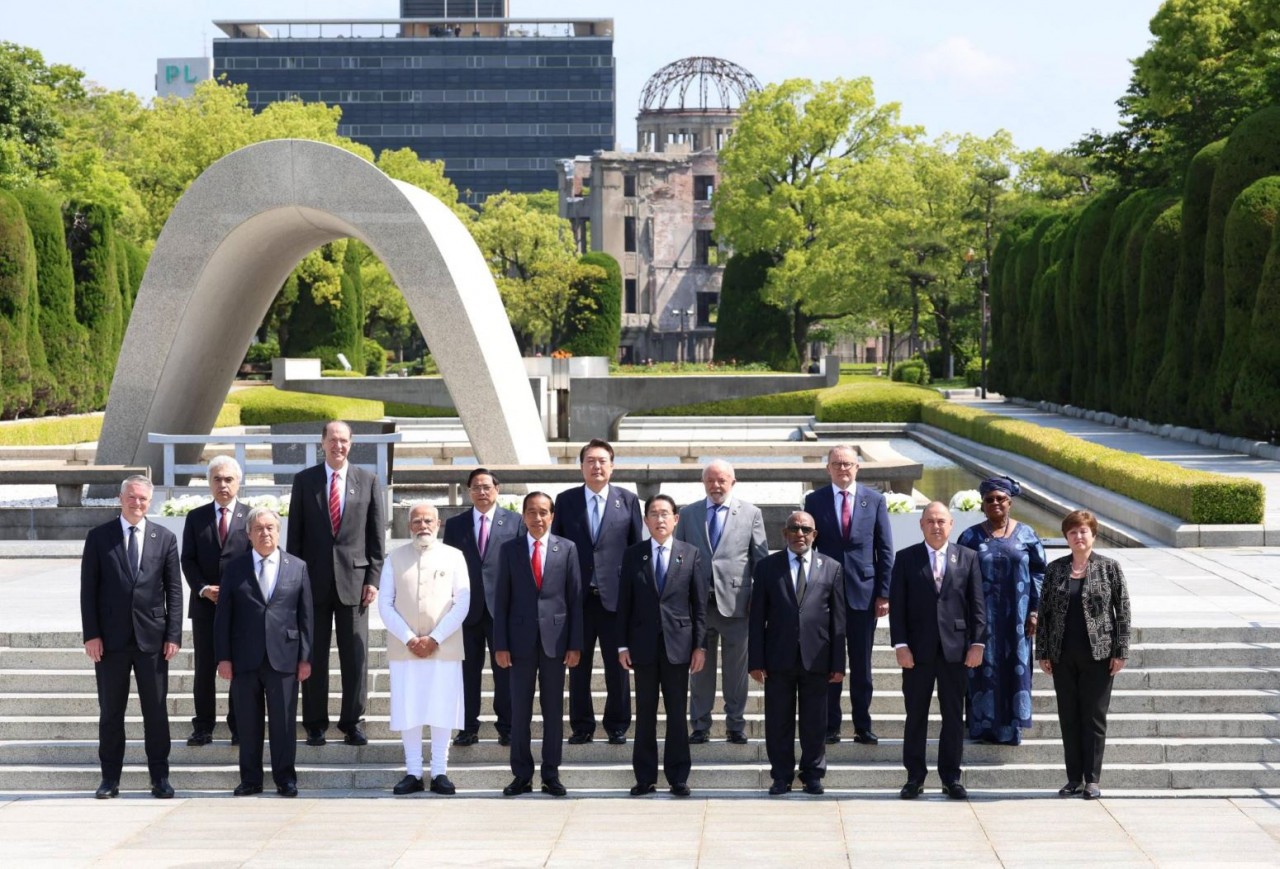 |
| Leaders attending the G7 Summit visit the Hiroshima Peace Memorial Museum on May 21. (Source: Kyodo) |
Results and open issues
The 49th G7 Summit took place from May 19-21 in Hiroshima, Japan; with the participation of 8 guest countries and 6 international and regional organizations . The conference took place in a volatile world context. The Russia-Ukraine conflict, tense confrontation between the West and Russia, fierce competition between the US and China... caused deep divisions, forcing countries to choose sides; exacerbating global security challenges.
In that context, the G7 leaders set themselves a large number of complex issues and tasks to solve. The content and results of the conference were presented through 10 summit sessions, 3 expanded sessions and in the joint statement. Through that, we can clearly see the G7's message, viewpoints and commitments on the world's hot issues; prospects and unsolved issues.
First, affirmation and changes in approach. G7 leaders continue to affirm their key role in global security challenges and the world economy. G7 assesses, presents views, proposes initiatives and solutions on many major and hot issues, such as: nuclear disarmament, the Ukraine crisis, economic and financial security, energy security, food security, health, climate change, artificial intelligence (AI); relations with China, Russia and developing and emerging countries, etc.
The G7 reaffirmed its efforts to realize a world without nuclear weapons; committed to a roadmap for decarbonization by 2030 and a roadmap for neutral emissions by 2050; continued to implement the Black Sea Grains Initiative; built and strengthened the supply chain network of important raw materials, opposed unilateral trade restrictions... A new point this time is the proposal to build international standards on AI.
This shows that the G7 continues to affirm its key role and is confident in its ability to deal with global issues. However, they also realize that they cannot do everything without the active and broad participation of developing and emerging countries. Therefore, the G7 has adjusted its approach, focusing on attracting support by increasing energy and development assistance for developing and emerging countries. In terms of perspective, policies towards the two biggest rivals, China and Russia, have also seen notable adjustments.
Second, there is “ both need and concern” in relations with China. On the one hand, the G7 justifies its approach and policy as “not aiming to harm China, nor seeking to hinder China’s economic progress and development.” The G7 emphasizes its desire for “stable and constructive relations” with Beijing. Its implication is to find ways to deal with challenges and minimize risks without severing relations with China.
On the other hand, the G7 continues to oppose militarization activities that change the status quo in the East Sea. It affirms its determination to reduce dependence on China for sensitive supply chains. The G7 advises China to maintain peace and stability in the Taiwan Strait. By calling on China to participate in resolving the conflict in Ukraine, the G7 both acknowledges its role and implicitly “assigns responsibility” for the increasingly close relationship between Beijing and Moscow.
In particular, the joint statement emphasized “economic coercion,” although not specifically naming it, but it is understandable that it is aimed at China. They proposed an initiative for a Coordination Platform on Economic Coercion between the G7 and other countries, implementing early warning measures, information sharing, regular consultations, and the principles of “transparency, diversification, security, sustainability, and reliability” in building supply networks.
Obviously, China is one of the main topics of the conference. Acknowledging that China can once again become the savior of the world economy facing the risk of recession, the G7 leaves the door open for cooperation, avoiding escalating tensions with China. However, fearing that the number one rival will challenge its role and compete for geostrategic influence, it cannot help but be on guard.
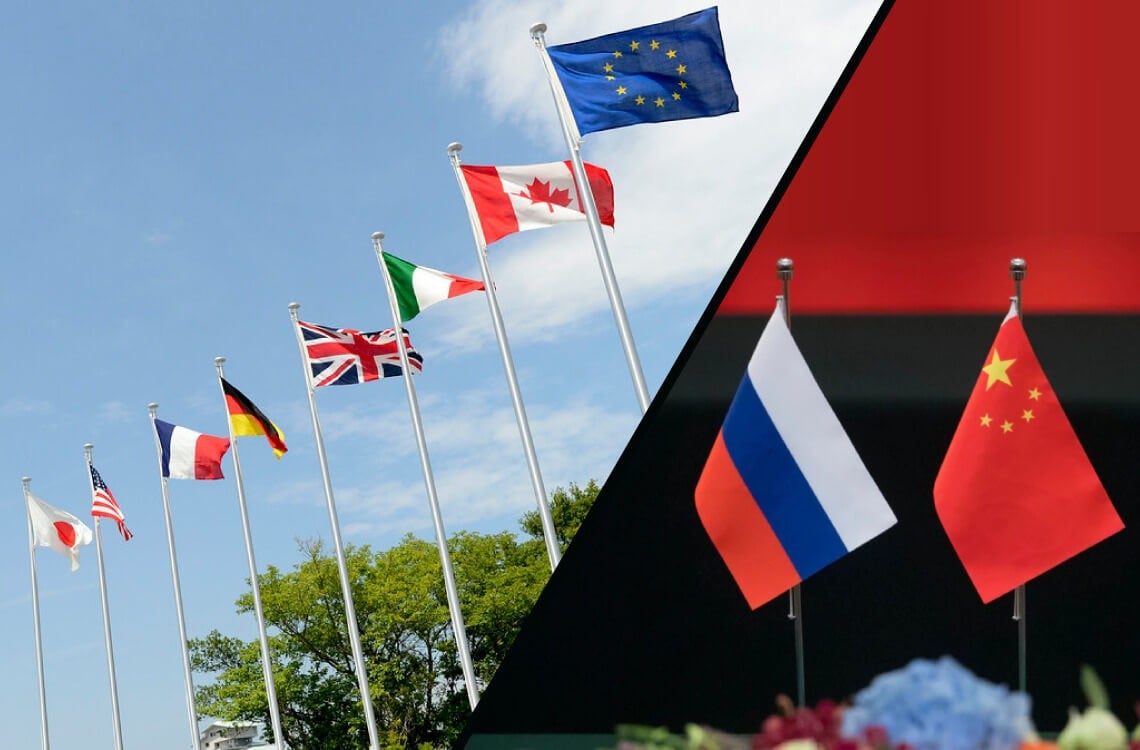 |
| China and Russia "dominate the airwaves" at the G7 Summit. (Source: Cryptopolitan) |
Third, continue to sanction Russia and support Ukraine. The joint statement affirmed to continue to support Ukraine financially, militarily, politically, and diplomatically until necessary. That is, until Moscow is weakened and accepts defeat. The G7 and the West continue with the 11th package of sanctions, expanding the targets and measures to prevent other countries from doing business with Russia. The US reversed its stance on providing F-16 fighter jets to Ukraine. That move further increased tensions, making it difficult to find a way out of the crisis.
Fourth , the attitude of China and Russia. Immediately, the Chinese Foreign Ministry summoned the Japanese Ambassador to express “dissatisfaction and resolute opposition” to what Beijing said was an exaggeration of its involvement at the G7 Summit. Foreign Ministry spokesman Wang Wenbin accused the G7 of “smearing, attacking and blatantly interfering in China’s internal affairs.” Russian Foreign Minister Sergei Lavrov said the G7’s decisions were aimed at driving a wedge between Moscow and Beijing. Russian news agency Tass warned of “huge risks” if Ukraine was provided with F-16s…
Objectively, the G7 Summit focused on the most urgent and pressing issues; proposed initiatives and measures to create new momentum and promote joint efforts to deal with global security challenges. However, there are still open issues, and long-standing doubts have not been completely removed.
The biggest problem is that there are no new ideas or approaches that can resolve the East-West conflict, the Ukraine crisis, or the intense competition between the US and China. On the contrary, all sides are making the situation more complicated. Tensions and confrontations are increasing, dividing and scattering common efforts and resources to deal with global security challenges. The Black Sea Grain Initiative and nuclear disarmament efforts cannot be implemented without Russia's participation. But it is not known when and how to restore the agreements on limiting nuclear weapons.
The unprecedented sanctions have caused many difficulties for Russia and to some extent China. But sanctions are a “double-edged sword” that affects the US and the West; they are unlikely to push Russia into a state of collapse, and may even cause Moscow to take extreme actions.
The effectiveness of sanctions against Russia and China depends on the widespread response of the international community, especially developing and emerging countries. But these countries are seriously affected, especially in terms of food and energy, because Russia is banned from exporting. Indian Foreign Minister S. Jaishankar commented very accurately: "Europe must give up the idea that European problems are the world's problems, but the world's problems are not European problems." That is true for the West as well.
Other countries must find their own way, not to confront the US and the West but to cooperate and unite to avoid the impact of sanctions; for national interests and regional stability rather than for the relations and interests of major countries. The recent shifts in the Middle East or the development of BRICS and SCO are proofs.
Although there is a common stance, in reality, some Western countries also have their own approaches, calculations for national interests in relations with China and Russia, sometimes contradictory. Some Western member states also have economic, political and social instability. Recently, the US and its allies have also encountered certain difficulties and confusion in the face of two major opponents, especially when these two countries have come closer together. That shows the difficult obstacles to overcome when the US and its allies continue to confront both China and Russia at the same time. Besides, "double standards" and not really acting as declared are still chronic diseases, causing doubts for many countries.
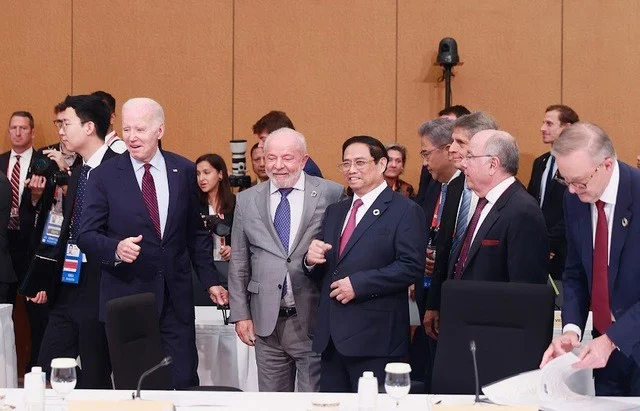 |
| Prime Minister Pham Minh Chinh and G7 leaders and guest countries attended the meeting with the theme "Towards a world of peace, stability and prosperity". (Source: VGP) |
Message and deep impression of Vietnam
During nearly 3 days of attending the G7 Summit, Prime Minister Pham Minh Chinh and the Vietnamese delegation attended about 40 activities, both bilateral and multilateral. Through that, Vietnam contributed its approach and proposed practical solutions.
On the theme “Towards a peaceful, stable and prosperous world”, the head of the Vietnamese Government emphasized three messages. First, ensuring a peaceful and stable environment for cooperation and development is both an essential foundation and the ultimate destination for sustainable development and prosperity in the world, in each region and country... Second, upholding the rule of law, respecting the United Nations Charter and international law, resolving all disputes and conflicts by peaceful means, through dialogue, negotiation and specific commitments... Third, sincerity, strategic trust and a sense of responsibility are of particular importance in addressing current global challenges.
At the meeting on “Cooperation in handling multiple crises”, Prime Minister Pham Minh Chinh convinced with the argument: the unprecedented context requires actions beyond precedent, with a global, all-people approach and upholding multilateralism… The urgent issue is to promote and create new driving forces for growth recovery, developing the global economy in a greener, cleaner, more sustainable direction. Vietnam is committed to boosting food production to contribute to the implementation of the Hiroshima Declaration.
With the theme “Joint efforts for a sustainable planet”, Prime Minister Pham Minh Chinh emphasized that sustainable development, climate change response, emission reduction, and energy transition can only be successful through a global, all-people approach, promoting multilateralism; self-reliance of each country and extensive international cooperation. Regarding energy security, it is necessary to ensure balance and rationality, taking into account the conditions and level of each country; balance between clean energy transition and global energy security; a highly practical transition roadmap, in line with market rules. The driving force for sustainable development is human resources, science, technology and innovation; the key factor is the mobilization and effective use of resources. Vietnam pledges that despite difficulties, it is determined to bring net emissions to zero by 2050.
Vietnam's messages, commitments and proposals were welcomed and highly appreciated by G7 leaders, countries and international organizations. Vietnam's active, responsible, diverse and effective activities contributed to deepening relations with partners. As a developing country, Vietnam was not overwhelmed by the G7 and global hot issues; it did not "close itself" in the position of a guest, but proactively and actively participated and made practical contributions in its own way.
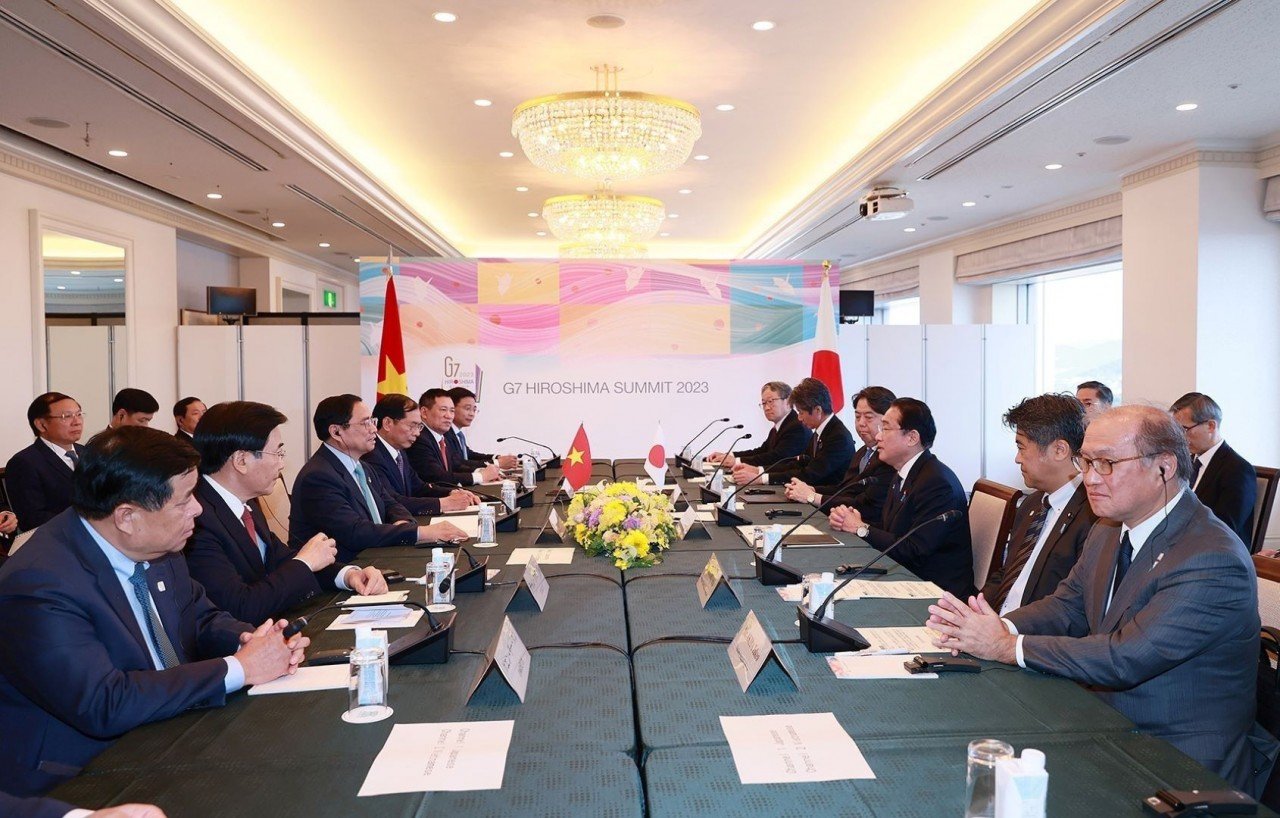 |
| Prime Minister Pham Minh Chinh held talks with Japanese Prime Minister Kishida Fumio on May 21. (Source: VNA) |
Thus, the working trip of the Vietnamese delegation at the expanded G7 Summit was a great success, continuing to affirm the foreign policy of independence, self-reliance, multilateralization, diversification of international relations, proactive and active international integration; leaving deep impressions on the role, contribution and international prestige, affirming that Vietnam has an important voice in global issues.
By attending the G7 Summit, we not only strengthen and expand relations with partners, mobilize resources for national development and defense, but also take note of important lessons on foreign affairs and international integration. That is, on the basis of independence, self-reliance, proactively and actively participate and contribute to the international community, thereby affirming ourselves and creating an advantageous position in the world and the region.
With the results achieved, it is necessary to promote international relations, especially with neighboring countries, major countries, and countries in the region, to be more in-depth and effective. The fact that Vietnam was invited to attend the G7 Summit three times, of which two were hosted by Japan, is a proof that needs to be strongly promoted.
Source



![[Photo] Magical moment of double five-colored clouds on Ba Den mountain on the day of the Buddha's relic procession](https://vphoto.vietnam.vn/thumb/1200x675/vietnam/resource/IMAGE/2025/5/9/7a710556965c413397f9e38ac9708d2f)










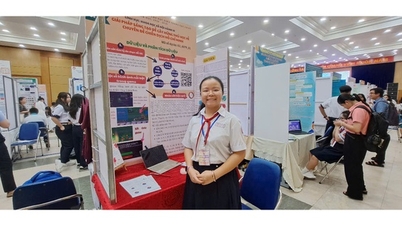


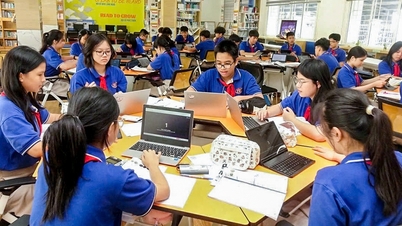
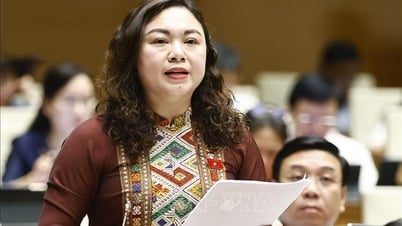

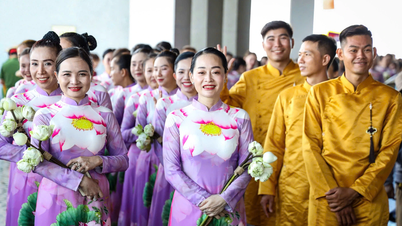
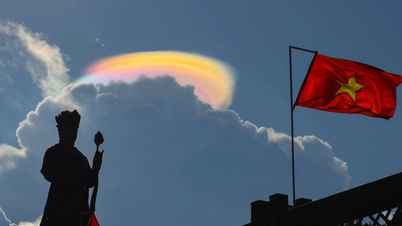

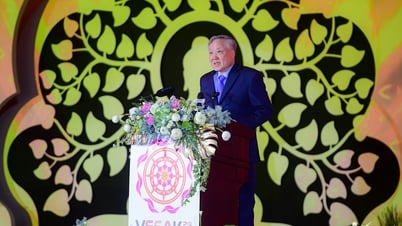






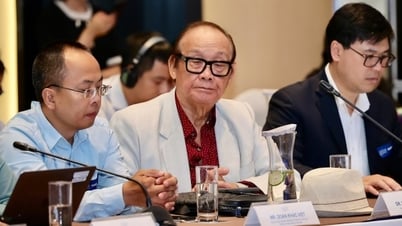
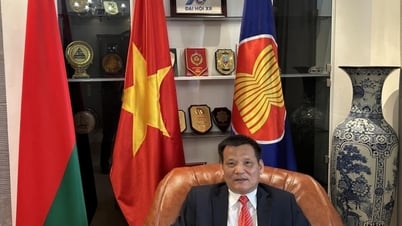
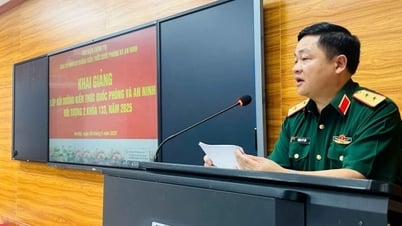

![[Photo] General Secretary To Lam begins official visit to Russia and attends the 80th Anniversary of Victory over Fascism](https://vphoto.vietnam.vn/thumb/1200x675/vietnam/resource/IMAGE/2025/5/8/5d2566d7f67d4a1e9b88bc677831ec9d)
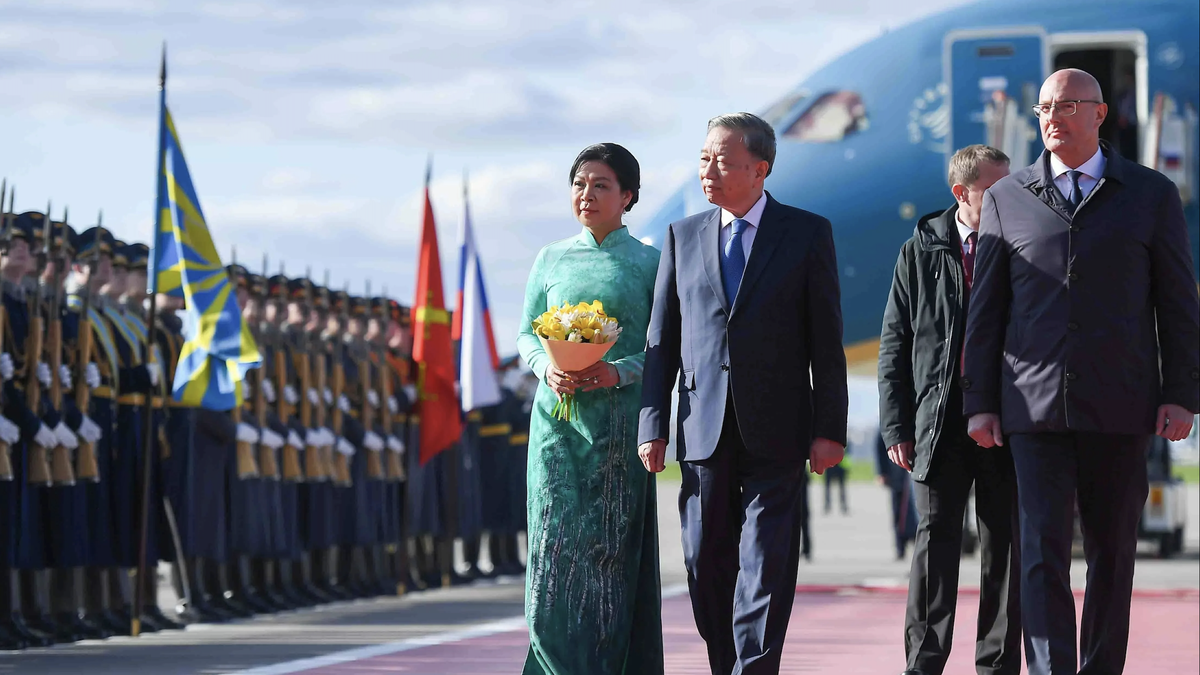
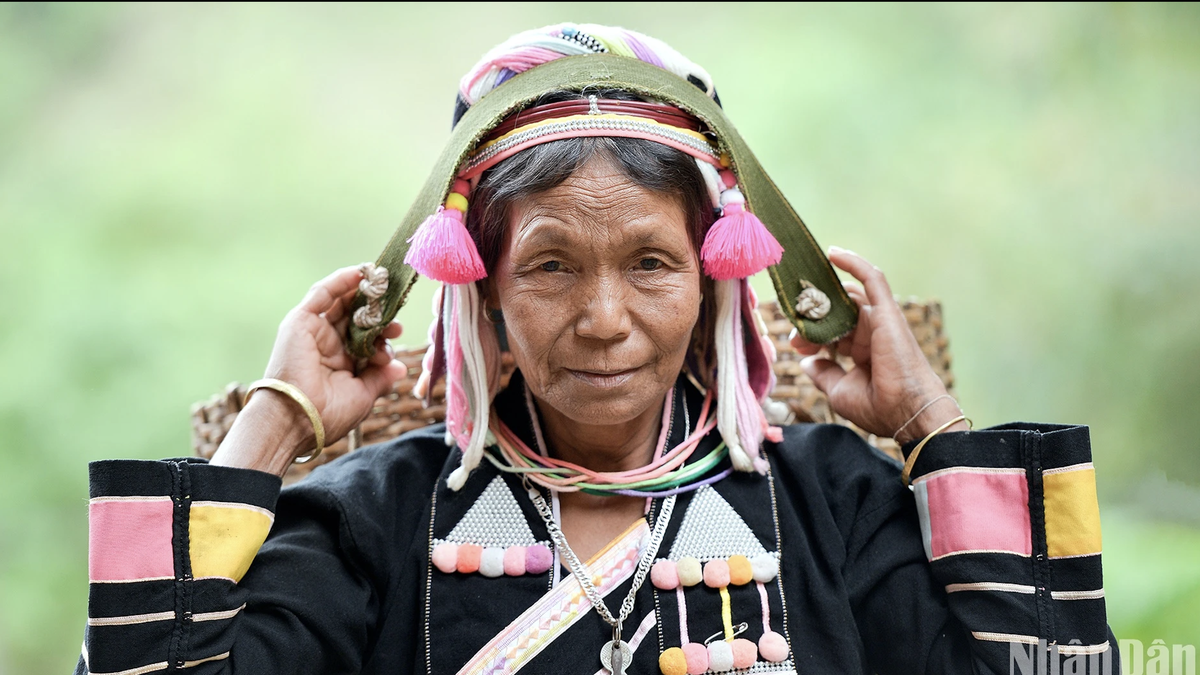







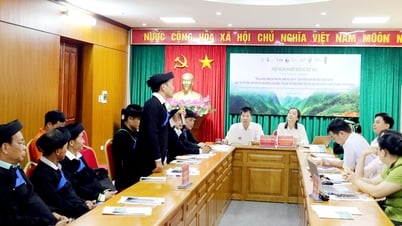






















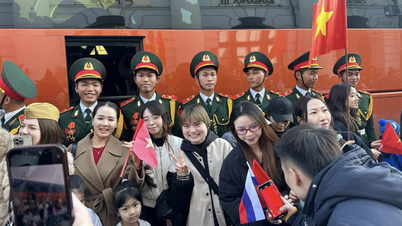


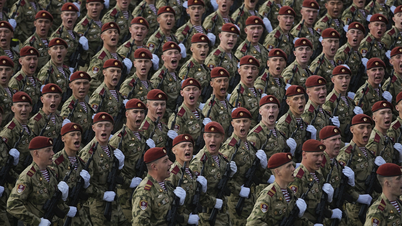






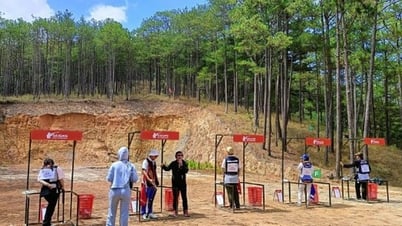


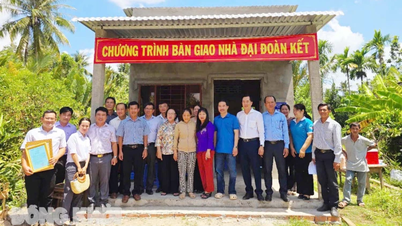




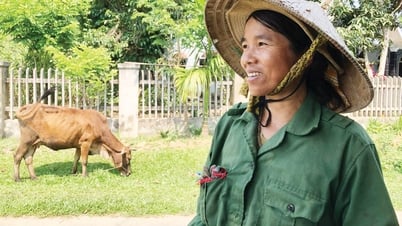
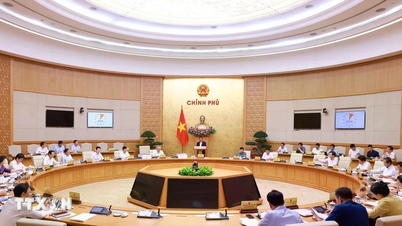












Comment (0)